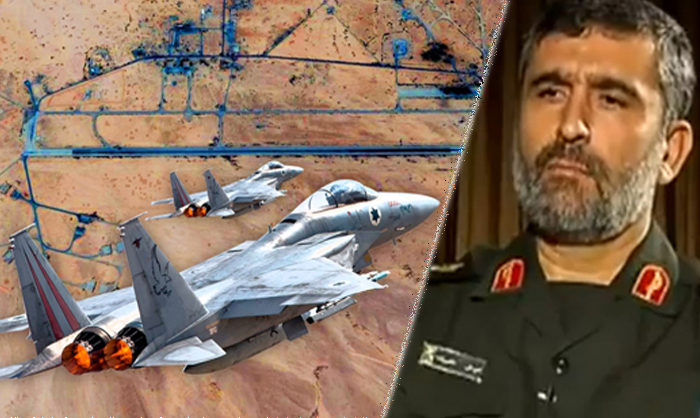 Kuala Lumpur: “The Islamic countries should create an independent cryptocurrency to confront the United States dollar and the American financial regime,” urged Iranian President Hassan Rouhani. He further asserted that an establishment of new cryptocurrency could dampen the influence of the US dollar, considered as the global currency. Moreover, Malaysian PM Mahathir Mohamad also reiterated the demand of an Islamic currency that he had made several years ago.
Kuala Lumpur: “The Islamic countries should create an independent cryptocurrency to confront the United States dollar and the American financial regime,” urged Iranian President Hassan Rouhani. He further asserted that an establishment of new cryptocurrency could dampen the influence of the US dollar, considered as the global currency. Moreover, Malaysian PM Mahathir Mohamad also reiterated the demand of an Islamic currency that he had made several years ago.
A conference of Islamic countries has been ongoing in Kuala Lumpur wherein, Iranian President expressed the need to confront the US economic hegemony in no uncertain terms. Currently, Iran has been facing tough US sanctions presenting a myriad of challenges for the oil-rich Iranian economy. In such circumstances, the demand made by the Iranian President to fight the US dollar and its economic dominance becomes evident.
“In the past, Malaysian Mahathir Mohamad was seeking to introduce the gold dinar as currency and today, with new technologies, we would be able to set up a new currency for the Islamic countries,” said Iranian President. “Nevertheless, this cryptocurrency can also support innovation, research and development,” he proposed. In no time, Malaysian PM concurred with Rouhani’s proposal and expressed his resentment that he had put forth the idea a long time ago. But the superpowers decided to take action against it.
“However, this time Malaysia should make efforts to introduce a unified currency for Islamic countries, especially when strong nations like Turkey and Iran have backed the idea. Seizing this opportunity Islamic countries could develop its own currency,” added Malaysian PM. Besides the new cryptocurrency, Iranian President also demanded that Islamic countries should raise funds independently and establish ‘Islamic prosperity fund’.
In other words, the conference held at Kuala Lumpur has been serving as a platform to boost political ideologies of Islamic nations and its economy, which could lead to potential long-lasting consequences in future. The United States and other western countries are against the unity of Islamic countries and also prevent their economic growth, is the sentiment echoed in the conference.
But even so, it appears that Saudi Arabia and its loyal allies in the Middle East have distanced themselves from this conference. Therefore, the conference has turned into a group against the US and Saudi Arabia. However, the impact of this conference might grow exponentially in future, is a distinct possibility expressed by a few Islamic analysts.
Click below to express your thoughts and views on this news:
| https://twitter.com/WW3Info | |
| https://www.facebook.com/WW3Info |










